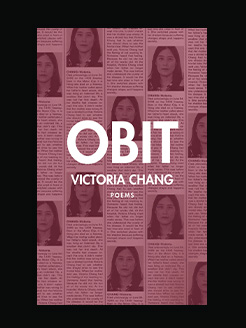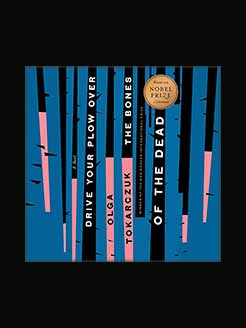Published in 2021
320 pages
18 hours and 14 minutes
Elena Rzhevskaya was born in Gomel, Belarus in October 1919. She moved with her family to Moscow in 1922 where she later studied philology at Moscow State University. After serving the war effort as a munitions worker and after finishing a war interpreter’s course Elena joined Gen Dmitry Lelyushenko’s army of resistance in 1942. By February 1945 Elena was working in Poznan before joining the USSR’s 3rd Army’s attack on the Reichstag in late April. Her journey to Berlin began in Rzhev on the Volga, where millions of Red Army soldiers died fighting German forces. She adopted the surname Rzhevskaya to honour the fallen.
Rzhevskaya was the first person to read key documents related to the last days of the Reich including the personal papers of Hitler. She lived in Moscow after the war to work as a writer and won prizes for her fiction and journalism. She was the author of two acclaimed history books and six war novels. She died in April 2017.
What is this book about?
On May 2,1945, Red Army soldiers broke into Hitler’s bunker. Rzhevskaya, a young military interpreter, was with them. Almost accidentally the Soviet military found the charred remains of Hitler and Eva Braun. They also found key documents: Bormann’s notes, the diaries of Goebbels and letters of Magda Goebbels. Rzhevskaya was entrusted with the proof of Hitler’s death: his teeth wrenched from his corpse by a pathologist hours earlier.
The teeth were given to Rzhevskaya because they believed male agents were more likely to get drunk on Victory Day, blurt out the secret and lose the evidence. She interrogated Hitler’s dentist’s assistant who confirmed the teeth were his. Elena’s role as an interpreter allowed her to forge a link between the Soviet troops and the Germans. She also witnessed the civilian tragedy perpetrated by the Soviets.
The book includes her diary material and later additions, including conversations with Zhukov, letters of pathologist Shkaravsky, who led the autopsy, and a new Preface written by Rzhevskaya for the English language edition. Rzhevskaya writes about the key historical events and everyday life in her own inimitable style. She talks in depth of human suffering, of bittersweet victory, of an author’s responsibility, of strange laws of memory and unresolved feeling of guilt.







